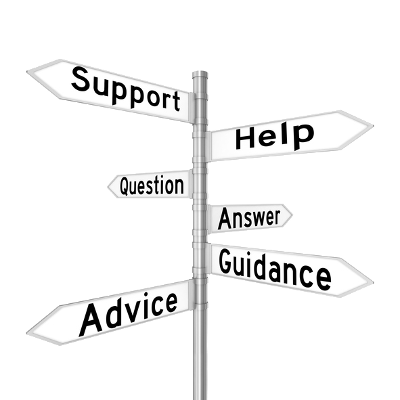This article explores practical tips you should consider before the first meeting with a lawyer, also referred to as an “initial consultation,” to help fill in some of those blanks. What should one expect and what steps to take to prepare well for the initial consultation.
What is an Initial Consultation
An initial consultation is a potential client’s first meeting with a lawyer. It usually lasts 30 minutes to an hour, either by phone or in person. The first half-hour is usually free, but charges usually incur thereafter. Even though emotions may be running high, it’s wise to use that time as effectively as possible. Being well-prepared helps tremendously.
To prepare, one should understand what an initial consultation is and what it isn’t before getting underway. The first meeting serves two purposes. First, it allows a potential client to concisely explain what they know about the case. The lawyer’s objective, at minimum, is to strive to understand the problem and determine/demonstrate if they can help.
Second, it gives a potential client the opportunity to decide if the lawyer is the “right fit.” Does the attorney “get” what you are trying to say? Do you feel comfortable? Is this somebody you can trust and do you believe you would well together? Can you be fully open and honest with this attorney? Does the attorney’s viewpoint seem grounded and well-reasoned?

Under proper conditions, a potential client should have a better understanding of their options. A word of caution, however, as attorneys rarely provides absolute answers. This is because an attorney must perform an in-depth investigation to determine all the provable facts and/or because legal research is required. Attorneys typically provide answers like “assuming this fact" or, "the law on this issue says … then you have a better chance of winning the case.” A great consultation will usually result in several likely outcomes, all contingent specific scenarios.
Run the Meeting Efficiently
There are three common ways to have an effective meeting:
- Allow the attorney to control the meeting and remember everyone has a different style. However, one thing is usually consistent: attorneys tend to run meetings as effectively as they know how to do this.
- Set an agenda. For example, ask the attorney to allocate 15 minutes to explore the facts. The rest of the session can be dedicated to answering questions, having the attorney explain his/her perspective, or a combination thereof.
- State your goals. Explain what your desired outcome is in the end. Do you want to know your rights, develop a plan, or generally understand the lawyers “take” on the case? Whichever may be the case, it’s important to fill-in the attorney early-on. After allocating some time to explore the facts, the attorney will assess whether the goal is achievable in your session.
Now it’s time to dig in to the facts. Irrespective of who runs the meeting, a potential client always controls how efficiently the story is told. One of the more efficient techniques is to provide a summary in less than five minutes. It’s also helpful to write-out bullet-points of the summary that matches how you tell the story. Hand a copy to the lawyer to follow along while you explain the big picture.
Under each bullet-pint you should include a detailed statement of everything you can remember and think is important. Don’t worry about how long the statement is. Bring documents you plan to discuss with you – like the demand letter, lawsuit, emails, and other things you think are important.
The attorney will probably have several follow-up questions. Welcome those questions. The more you get out into the open the more effective the first meeting will be.

It’s Absolutely Expected to Have and Ask Questions
If there is anything you are unsure about, you should ask questions. This helps clarify matters that you are unsure about or that could cause issues down the road. It also gives insight into things you might not have considered. Being organized can help flush out questions and answers that are important.
Don’t forget to ask about upcoming deadlines!
It’s not uncommon to walk out of the initial consultation with the understanding that legal process is more complex than anticipate, but you should have a better understanding and various options that may be available.
We’re Here to Help
The attorneys at Nexio Law Firm are committed to helping our clients achieve their objectives. We can be reached at (949) 478-6830 or complete the contact form and we’ll be in touch soon.